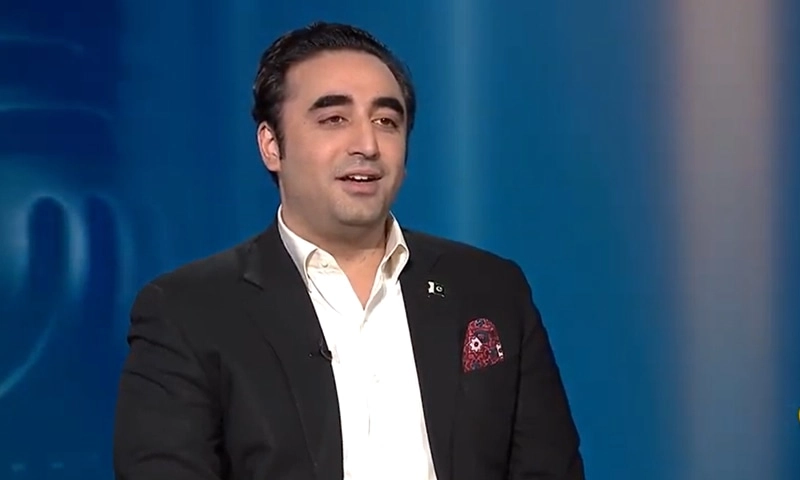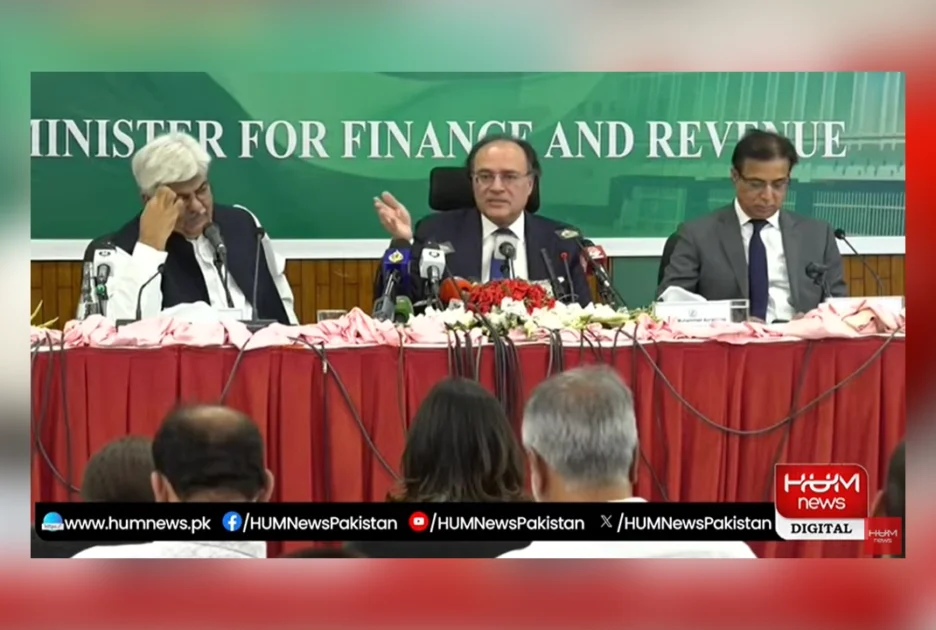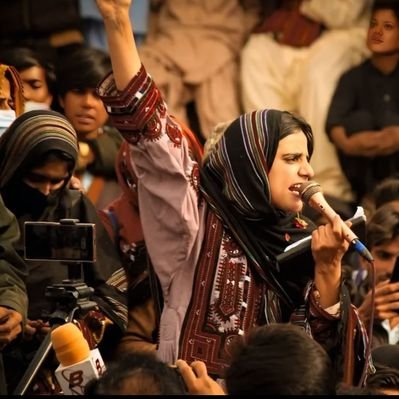- Web Desk
- 3 Hours ago

Academic circles alarmed as govt slashes HEC budget in FY2025-26
-
- Web Desk
- Yesterday

ISLAMABAD: ISLAMABAD: The federal government has slashed the Higher Education Commission’s (HEC) development budget to Rs39 billion in the fiscal year 2025–26, a sharp cut from the approximately Rs70 billion allocated in the previous year.
According to budget documents, the government proposed a reduction of over Rs30 billion in HEC’s development allocations under the Public Sector Development Programme (PSDP), which now stands at Rs39.5 billion. This amount will cover 128 ongoing and 12 new schemes.
Among the key ongoing projects, Rs500 million has been allocated for the award of 3,000 Allama Muhammad Iqbal Scholarships to Afghan students. Another Rs200 million has been earmarked for the construction of an academic block at the Shaheed Zulfiqar Ali Bhutto Medical University (SZABMU), Islamabad.
Other allocations include Rs250 million for the development of the main campus of Bacha Khan University, Charsadda, and Rs500 million for the National University of Medical Sciences (NUMS), Rawalpindi. Rs611 million has been reserved for the establishment of Kamyab Jawan Sports Academies and Youth Olympics initiatives under the HEC, while Rs558 million is allocated for setting up the University of Baltistan in Skardu.
The Fulbright Scholarship Support Program (Phase III) will receive Rs100 million.
Meanwhile, Rs2.3 billion has been set aside for overseas scholarships for MS/MPhil leading to PhDs in selected fields (Phase III), and Rs3.67 billion has been allocated under the Pak-US Knowledge Corridor PhD Scholarship Program (Phase I).
Among new initiatives, Rs50 million has been reserved for scholarships for students from Bangladesh, Uzbekistan, and other friendly countries. Rs100 million has been allocated to establish a campus of the Pakistan Institute of Fashion Design in Karachi. Additionally, Rs150 million each has been earmarked for the establishment of university campuses in Muzaffargarh and Pattoki (UVAS campus).
According to HEC Chairman Dr Mukhtar Ahmed, the Ministry of Planning and Development initially proposed reducing the commission’s development budget from Rs61 billion to Rs45 billion. However, this was later further slashed to Rs39 billion. He said that despite efforts by HEC to push back against the proposed cuts, the commission’s appeals were unsuccessful.
Sources said the HEC had urged the Finance Division to maintain at least the previous year’s development funding level, warning that any reduction would hinder progress in expanding access to and improving the quality of higher education.
Read More: Budget FY2025-26: Rs 2.557 trillion allocated for defence budget
Educationists have expressed concern over the budget cuts, calling them alarming at a time when universities are already struggling with financial constraints, salary delays, and deteriorating infrastructure. They warned that such reductions could jeopardize ongoing research, scholarship programs, and digital transformation initiatives.
For FY 2025–26, the HEC had requested Rs70.08 billion, covering both development and recurring expenditures. At least Rs80 billion was sought for recurring expenses alone, which include salaries, operational costs, grants, and subsidies.
The HEC’s funding structure consists of two main components: recurring and development. While the recurring budget covers employee salaries, allowances, and operational expenses, the development budget supports infrastructure projects, faculty development, laboratory upgrades, ICT improvements, transport procurement, and promotion of extracurricular activities.

Dr Ahmed emphasized that adequate funding is crucial to sustaining and advancing the higher education system. “Without sufficient resources, public universities cannot even meet basic needs,” he said. He warned that funding discrepancies would ultimately lead to a decline in educational quality.
He also highlighted the commission’s ongoing digital transformation initiatives, which require substantial investment. Scholarship programs like the Fulbright and Pak-US Knowledge Corridor, he added, are entirely dependent on financial support to offer international academic opportunities to Pakistani students.






